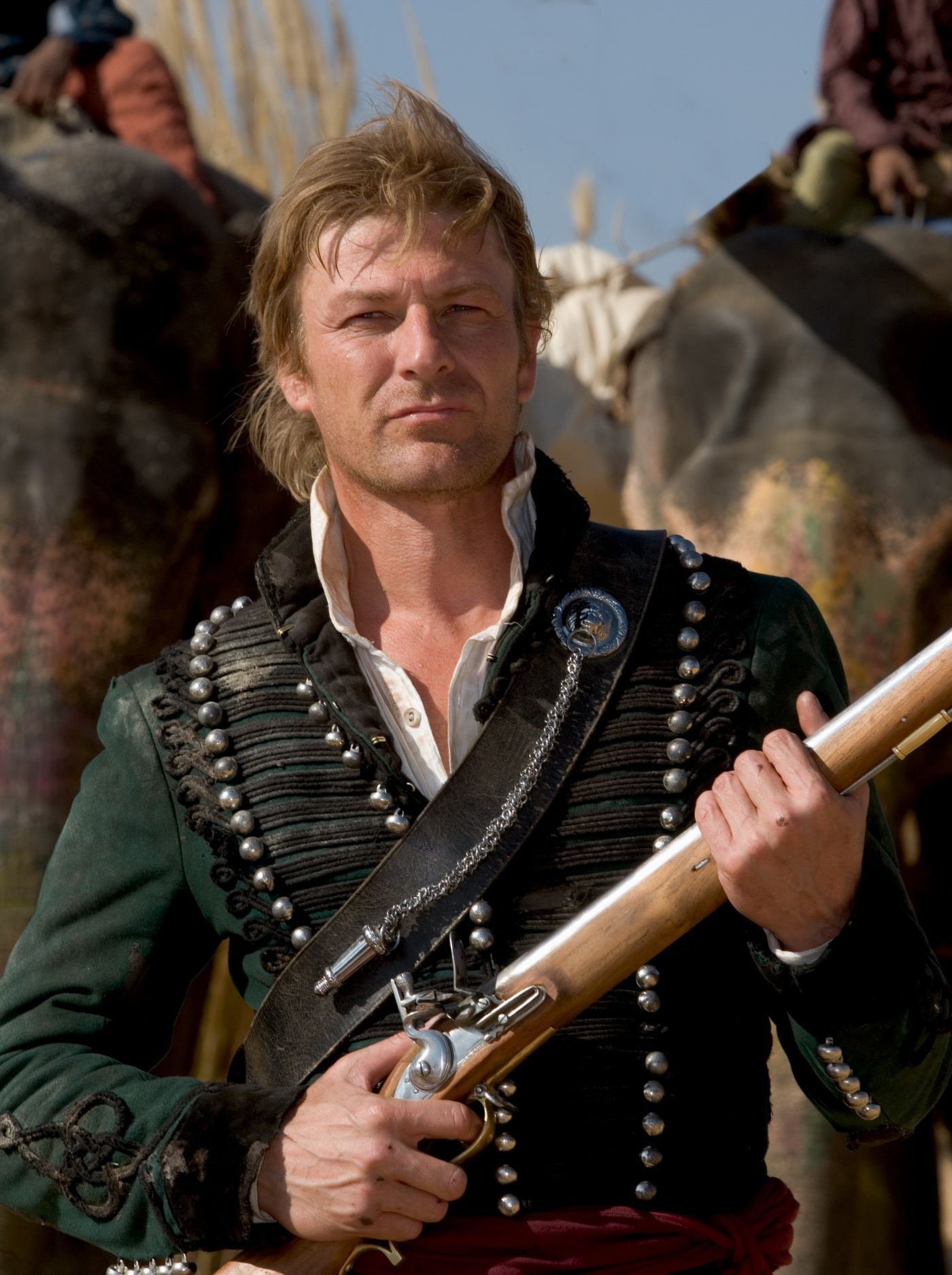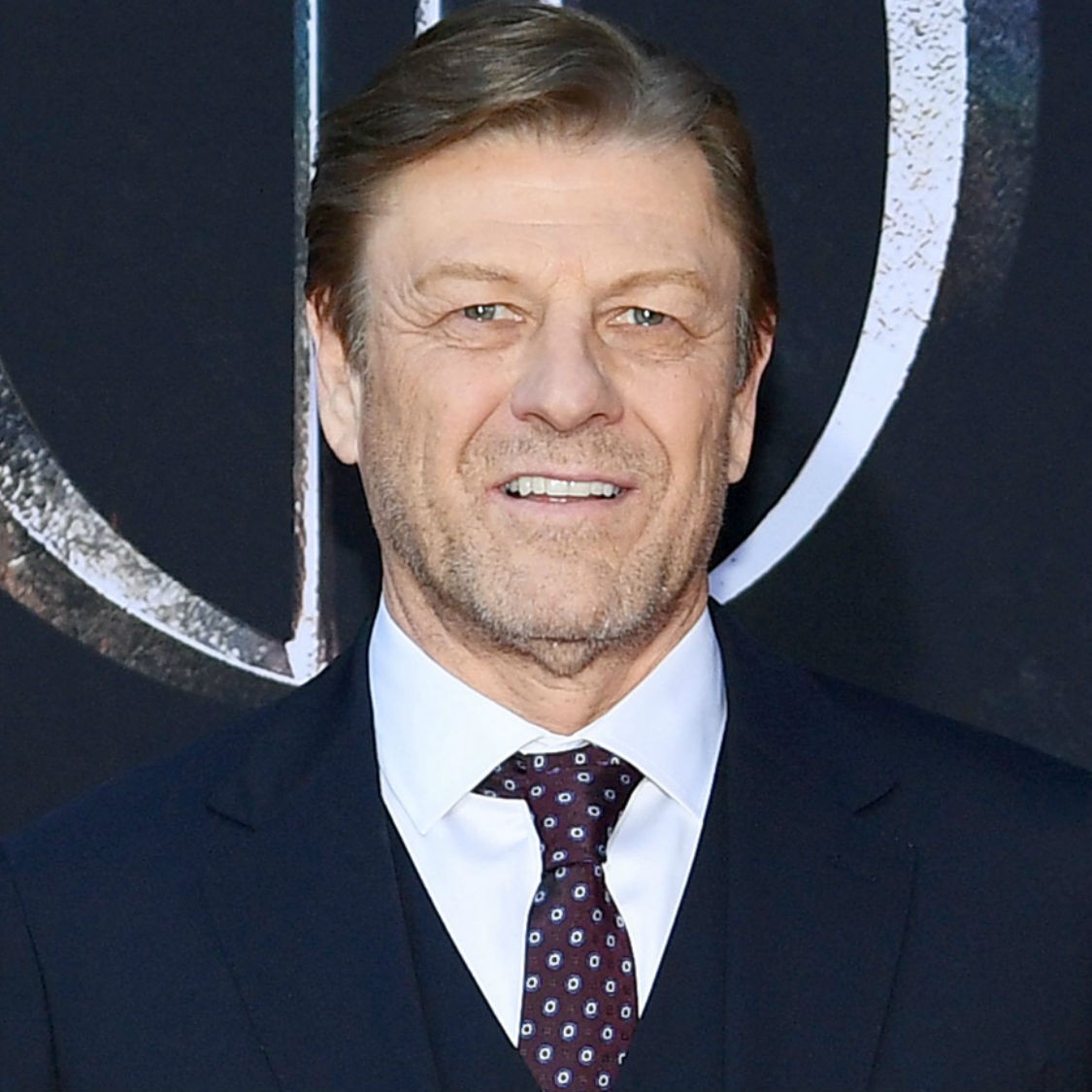

It even started conversations about the prison system – the shortage of staff, how people are left to stagnate, how we should make more effort to rehabilitate them. Prisoners and prison officers have said how realistic it is. Photograph: Matt Squire/PAĭo you think it was an accurate depiction of prison life? A lot of us, especially men, think about being sent to prison and wonder how we’d cope.īean with Stephen Graham in the award-winning prison drama Time. It was four years in the making from Jimmy McGovern’s initial idea, so a lot of work went into it. Were you delighted by the reaction to Time last year? The only way to replicate that is to think it and live it. We’ve all seen that on the news or documentaries, when people are reliving tragedy. Facial expressions are incredibly articulate when you’re trying to hide powerful emotions. You often don’t need to do sob or wail, because when people cry, they usually try and hide it. That means going back to unpleasant memories but there’s no other way. You’ve got to think about something upsetting in your life that fixes the feeling in your head. To express it truthfully you can’t wing it. There’s a devastating crying scene in episode one of Marriage. I still can’t stand turbulence but I’m much better now, thank God. I thought: “Why am I worrying about engine failure if there’s all this going off?” And somehow I got over it. But suddenly, around 9/11, there was all this talk of possible attacks on planes and long-range missiles from terrorists. I used to have to have a lot to drink before I even got on the plane, then a lot to drink on it. It was OK because I knew it wasn’t a real plane. The opening scene is set on a plane, which seems cruel. To come downstairs every morning and have to speak to people. Stefan said the other day how it’s hard to be a human being.

It feels like theatre, or a Mike Leigh film… There’s a wealth of emotion to be mined from everyday interactions. Through Stefan’s economy with words, you realise they’re often saying the opposite of what they truly feel. On the surface, often not a great deal seems to be happening, but underneath there’s a lot going on. You play suburban married couple Ian and Emma. Sometimes you just have chemistry with someone. She has a very natural approach to performance and we complemented each other. I was bowled over by her performance in Unforgotten. Was the chance to act opposite Nicola Walker a factor? Stefan should call himself “the Lou Reed of screenwriting” (laughs). It’s this dark reality, which sometimes seems quite cruel and sad, but with sly humour. I was listening to the Velvet Underground yesterday and the lyrics somehow reminded me of his scripts. Those vulnerabilities and insecurities that we all feel but rarely express. He picks up on all people’s little foibles. I just thought: “Here’s a man who writes exactly how he feels and translates that on to the screen.” There’s no dilution of his original idea. Bold, uncompromising, provocative in its own way.

I watched all of Mum and it was extraordinary. Were you a fan of Stefan Golaszewski’s previous series, Mum ?

He moved to Somerset with his fifth wife, Ashley Moore, in 2017, and recently said: “I’m a romantic, otherwise I wouldn’t have kept getting married. It’s all a long way from Napoleonic derring-do and Bond villainy, and also somewhat ironic given that Bean has been wed five times. He now stars alongside Nicola Walker in writer-director Stefan Golaszewski’s new BBC drama Marriage, about a middle-aged couple who have been together for 27 years. His next collaboration with the writer was in the 2021 prison drama Time, which won Bean his second Bafta for best leading actor. Bean won an International Emmy in 2013 for his performance as a cross-dressing teacher in Jimmy McGovern’s Accused, followed by a Bafta in 2018 for his role as a troubled Catholic priest in McGovern’s Broken.


 0 kommentar(er)
0 kommentar(er)
